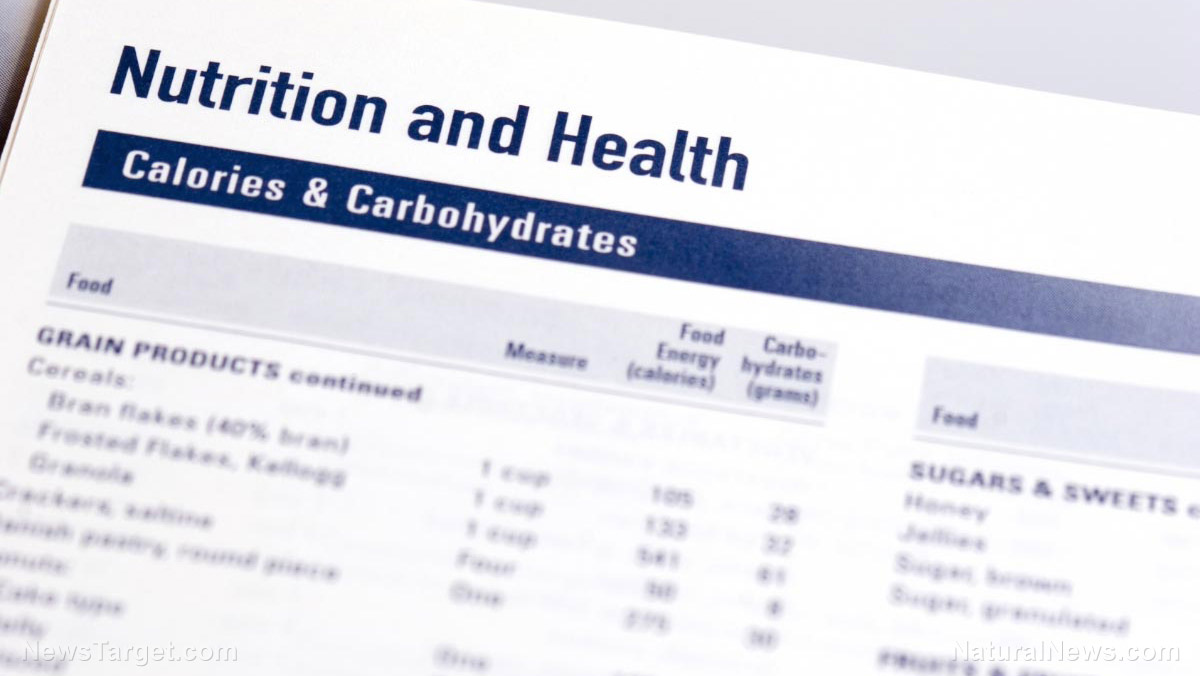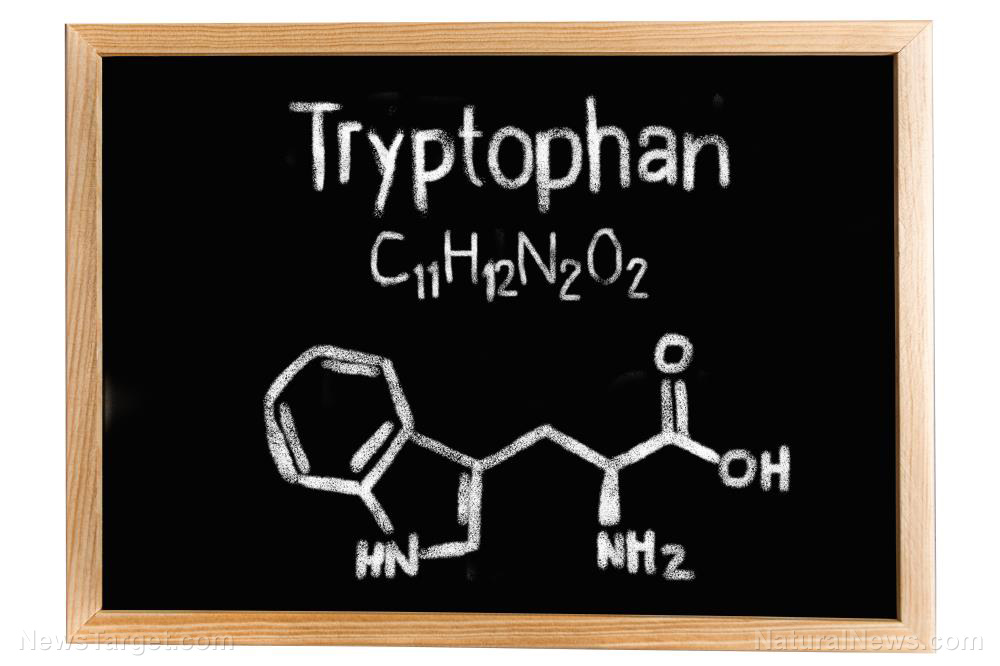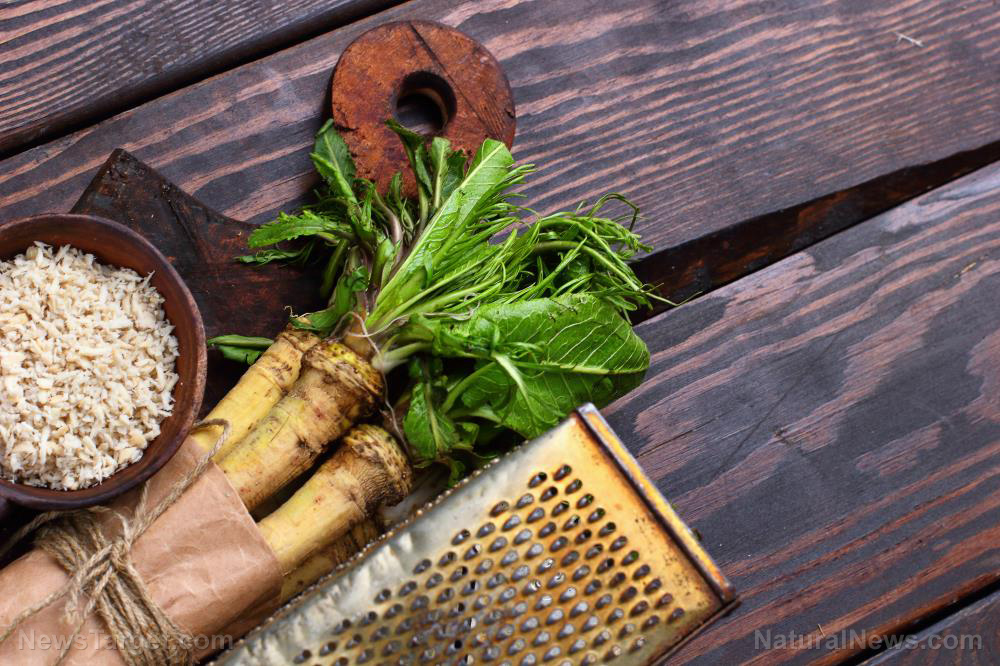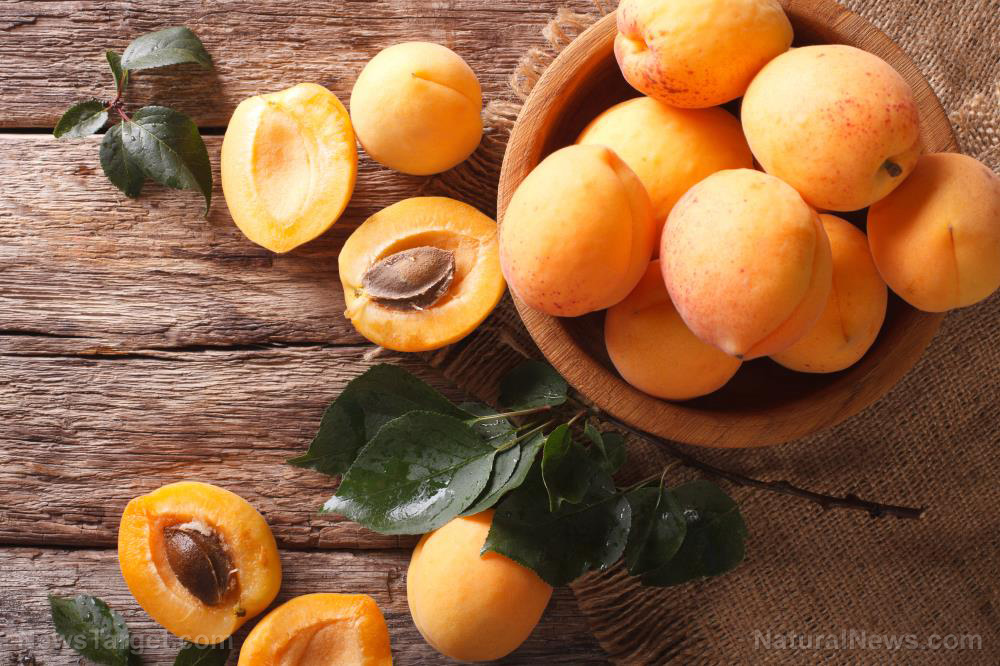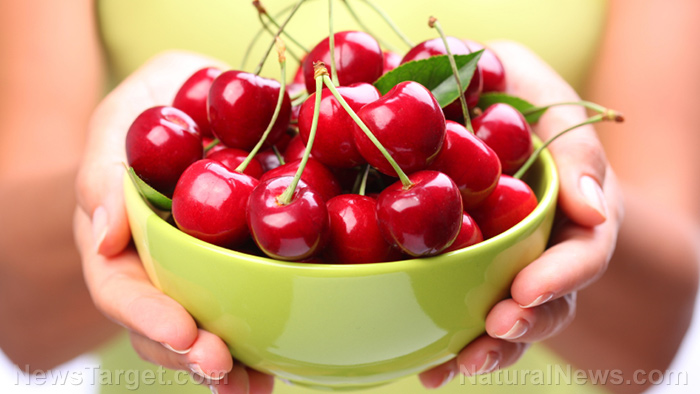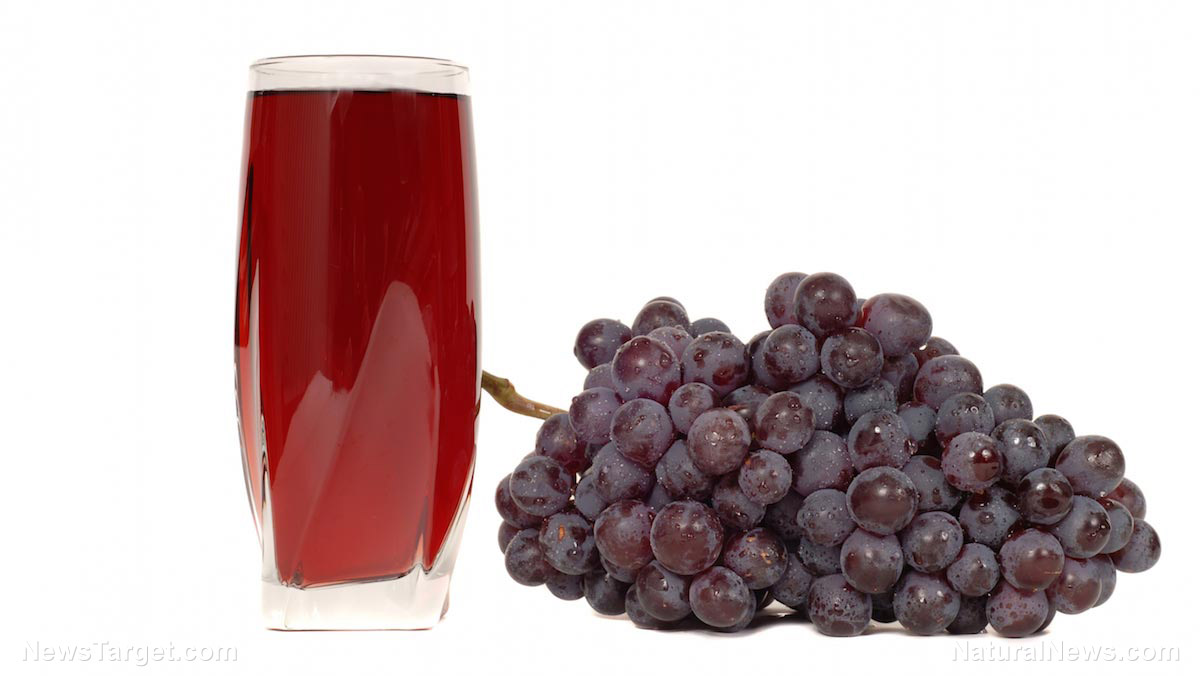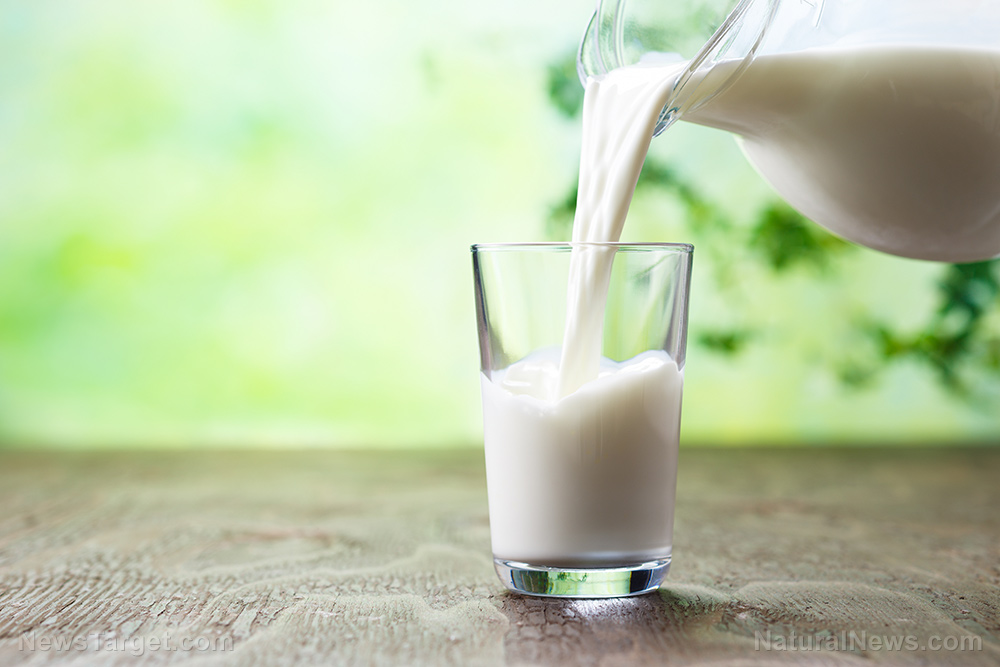Don’t wait for Thanksgiving to eat pumpkin seeds: Enjoy their anti-cancer properties and other health benefits year-round
11/11/2019 / By Melissa Smith

During Halloween or Thanksgiving, pumpkins are everywhere. They are used to make pies or jack-o’-lanterns, but the seeds are often thrown away. Pumpkins have been known to offer health benefits, but their seeds are just as nutritious and are even shown to have anti-cancer properties. So, don’t wait for a special occasion to eat them – add them to your regular diet and enjoy their many health benefits throughout the year.
Pumpkins and pumpkin seeds help fight against cancer
Both pumpkins and pumpkin seeds contain cucurmosin, which is a type of inactivating protein and has been shown to induce apoptosis, or programmed cell death, in various cancer cells. A 2011 Chinese study published in the journal Molecular Medicine Reports examined the effects of cucurmosin on human hepatoma HepG2 cells both in lab and animal experiments. The researchers found that pumpkin seed extract successfully eliminated the cancer cells through apoptosis.
Another Chinese study published in 2013 found that the cucurmosin in pumpkin seeds inhibited the proliferation of human pancreatic cancer cell line in lab and animal experiments. Again, apoptosis was the mechanism used against the cancer cells.
A study published in the journal Food Research International revealed that diets rich in pumpkin seeds have been linked to a lower risk of breast, colon, lung, prostate, and stomach cancers. Another large observational study found that eating pumpkin seeds was linked to a lower risk of breast cancer in postmenopausal women. Other studies suggested that the lignans in pumpkin seeds may also play an important role in preventing and treating breast cancer. In addition, test-tube studies have shown that a supplement containing pumpkin seeds could potentially slow down the growth of prostate cancer cells. (Related: Pumpkin seeds shown to kill cancer cells, fight diabetes.)
Other health benefits of pumpkin and pumpkin seeds
Pumpkin seeds are also nutritious. In addition to cucurmosin, they contain high amounts of magnesium, manganese, potassium, proteins, zinc, iron, copper, and monounsaturated fatty acids. Magnesium helps enhance mood and sleep, while manganese promotes collagen production, skin health, and bone health. Zinc also boosts immunity, skin health, and vision, while copper and iron are involved in energy production. The healthy fats in sesame seeds play a role in heart disease prevention.
The seeds also provide antioxidant protection as the seeds contain almost every type of vitamin E. These antioxidants strengthen the immune system and ward off various diseases. You can also get tryptophan from these seeds, which helps boost mood and prevent insomnia.
Pumpkin seeds can also improve bladder health. A 2005 Japanese animal study, which was published in the Japanese Journal of Medicine and Pharmaceutical Science, compared the efficacy of pumpkin seed extracts to soy germ extracts for reducing urinary incontinence. This condition leads to frequent urgent urination and in severe cases, demands patients to wear diapers. The researchers found that pumpkin seed extract treatment in rats decreased in-bladder pressure and increased the maximal bladder capacity of the animals.
People with diabetes can also benefit from eating sesame seeds. A 2015 Tunisian study looked at the difference between diabetic rats fed with both pumpkin seeds and flax seeds compared to those that did not receive the seeds. The researchers found that the consumption of pumpkin seeds and flax seeds together attenuated the increased levels of the plasma enzymes produced by the induction of diabetes. It also helped diabetic rats to recover and prevent diabetic complications.
Eating pumpkin pie every day is not the healthiest approach for taking in cucurmosin and the other nutrients from pumpkins. Instead, choose to eat pumpkin seeds daily. They can be added to salads, cottage cheese, soups, and desserts. Pumpkin seed butter can also be added to smoothies or used as the base for energy bars. Raw organic shelled pumpkin seeds are available in many health food stores or online.
Sources include:
Tagged Under:
RECENT NEWS & ARTICLES
COPYRIGHT © 2017 SUPERFOODS NEWS


